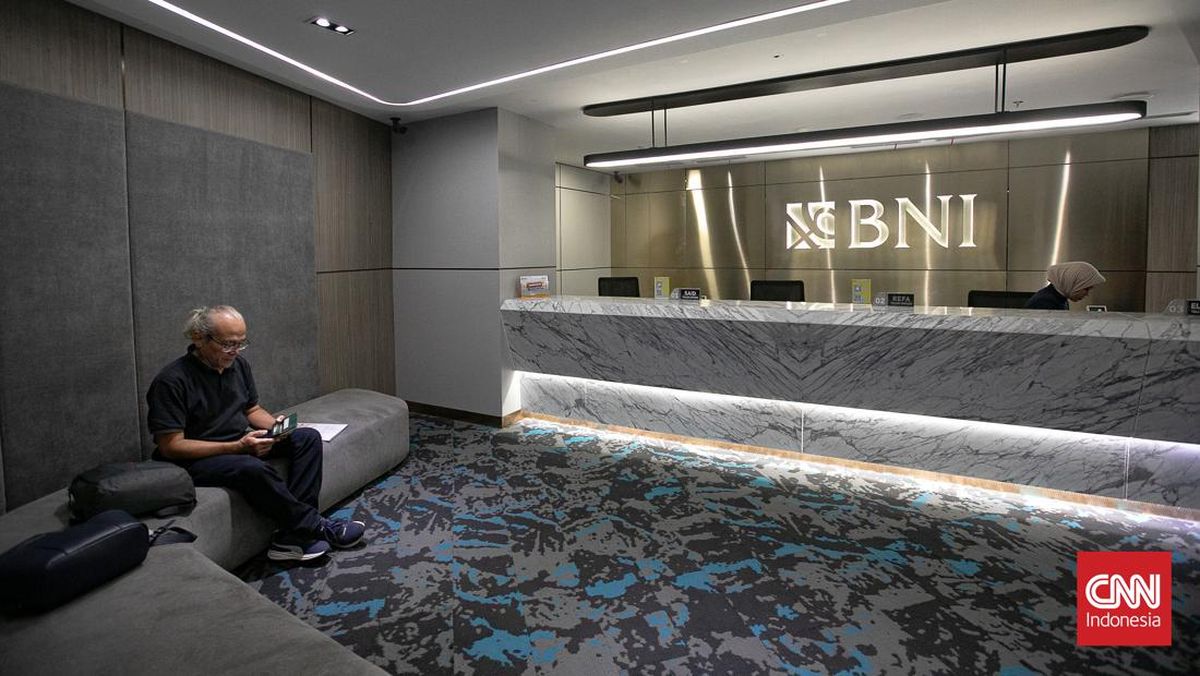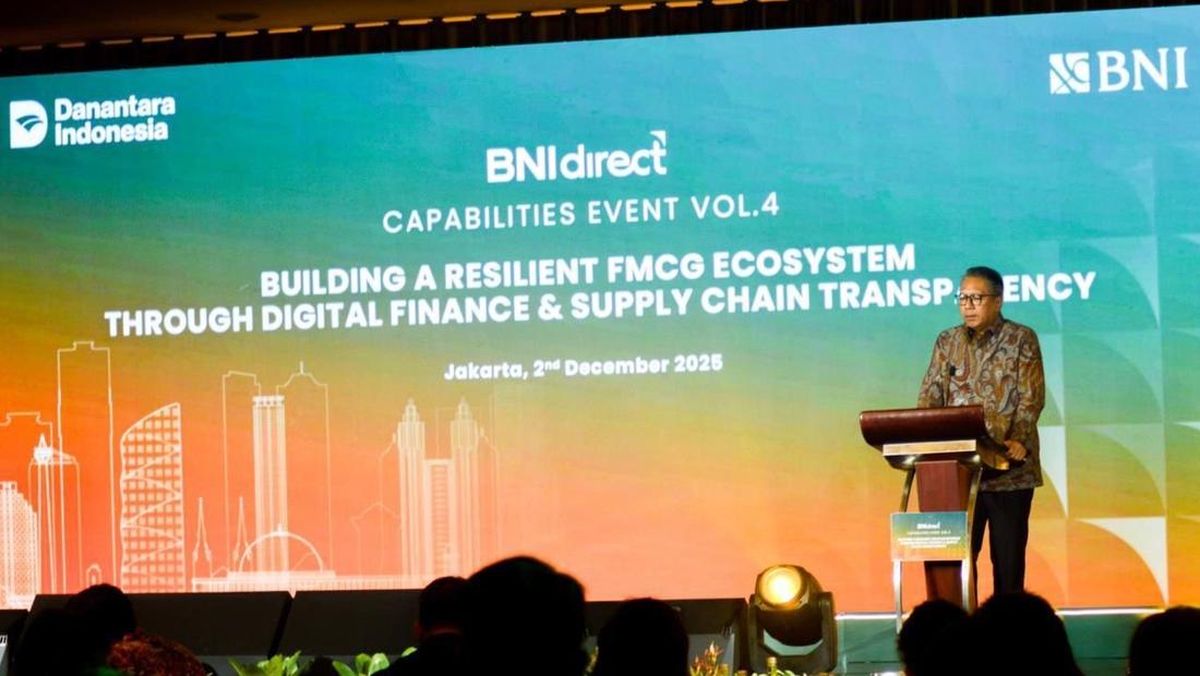Two of Australia’s largest insurers could see their dominance in home and motor policies take a hit as customers start using AI-powered bots to automatically gather and analyse personalised quotes, analysts have warned.
Macquarie, in a research note issued last week, flagged the rise of “agentic AI shoppers” – artificially intelligent bot “agents” which act on behalf of a user to search for products, compare prices and execute transactions – as warranting the attention of both insurers and investors.

It’s a matter of time before Australians start using artificially intelligent bot “agents” to search for products, compare prices and execute transactions, experts say.Credit: Stephen Kiprillis
The Macquarie analysts highlighted the competitive threat the trend could pose to Insurance Australia Group, which is behind insurance brands including NRMA and CGU, and Suncorp, which has brands including AAMI, GIO and Bingle.
“As agentic AI shoppers become more widely used in Australia, there is a material threat brewing for IAG and [Suncorp] to hold market share of profitable products, such as Home and Personal Motor,” Macquarie’s research note warned.
Macquarie said large capital expenditure programs to address the issue “are imperative and inevitable in our view”.
Between them, Suncorp and IAG hold about half the domestic market for both home and motor insurance, but Macquarie said a persistent challenge was the loss of market share to smaller rivals such as Youi, Hollard and Auto & General.
Loading
While agentic shoppers are not currently available in Australia, they are being trialled in other markets, and it’s only a matter of time before Australians start using them to shop and conduct other business online, said professor Jon Whittle, director of the CSIRO’s Data61 national centre for research and development of digital technologies.
In recent weeks, OpenAI rolled out a trial to some of its US users of its new instant checkout feature it co-developed with payment processing platform Stripe.
While the trial feature researches products and presents users with options, it can’t currently execute the transactions without users consenting by clicking a “buy” button, but Whittle said technology was advancing at a rapid pace and would soon operate automatically.
“It cuts out all that friction, that time spent looking at specifications and prices, and gives you recommendations directly,” Whittle said.
“If you think of the last few decades, there’s been all this infrastructure set up for online shopping, search engine optimisation and collecting data through cookies, or to direct customers to your website, but there’s a risk for businesses now that their websites kind of become irrelevant, because people won’t be going to individual product pages, they’ll be going through their AI chat tool,” he said.
Whittle expected agentic shopping technology would soon be able to anticipate time-sensitive events such as policy renewal dates or the birthdays of loved ones, and present users with potentially better deals or gift ideas based on personalised knowledge of a friend or family member.
The technology can also balance preferences about product cost and trade-offs with other benefits such as reward and loyalty point earning potential.
However, Whittle said a key question would be how agentic shopping bots are monetised, with the potential for product placement something that could challenge consumers’ trust in the technology.
“Is the product it shows you based on your preferences, rather than some special deal with certain vendors behind the scene?” he said. “All of these AI companies are haemorrhaging money now, and if you look at the way tech companies have made money in the past, it’s been through web search advertising or taking a cut of a sale.”
“The question arises if consumers are being manipulated into certain types of products, but that already exists to some extent with web searches and algorithmic advertising,” Whittle said.
Loading
Agentic shopping powered by AI is set to challenge a broad range of business models, but experts are now sounding a particular alarm for industries such as insurance, where companies have tended to rely on inertia amongst customers and the perception that significant time and effort is required to shop around and switch providers.
TaeWoo Kim, a lecturer specialising in technology and human decision-making at the University of Technology Sydney’s business school, echoed the prediction that agentic shopping would challenge industries such as insurance.
“Insurance companies want customers to be less scrutinising of their offers and comparing quotes. Customers don’t tend to change providers because it requires lots of effort,” Kim said.
While larger insurers often gain customers who trust their branding and large market presence, agentic shopping could instead lead customers away from that bias and towards cheaper prices from smaller competitors, Kim said.
Unlike humans, agents wouldn’t suffer from decision paralysis, he said.
Equally, insurance providers have already begun using AI agents on their end to communicate with customers and gather their information for quotes and claims, Kim said, which could make it an easier concept for consumers to embrace agentic shopping bots to represent them.
“There could soon be a future where it’s not a business talking to a customer, but an AI bot talking to another AI bot,” Kim said. “It’s just like a sci-fi movie.”
The Market Recap newsletter is a wrap of the day’s trading. Get it each weekday afternoon.
Most Viewed in Business
Loading


















































